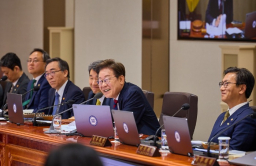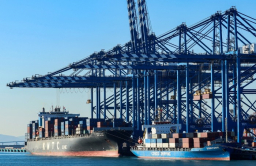-
KOSPI 2812.05 +41.21 +1.49%
-
KOSDAQ 756.23 +6.02 +0.80%
-
KOSPI200 376.54 +6.64 +1.80%
-
USD/KRW 1373 3.00 -0.22%
S.Korea’s Lee to make diplomatic debut at G7 after phone call with Trump
Business & Politics
S.Korea’s Lee to make diplomatic debut at G7 after phone call with Trump
At the G7 summit in Canada, the new Korean president is set to meet with Trump and other leaders on a multilateral stage
By
5 HOURS AGO
3
Min read
News+
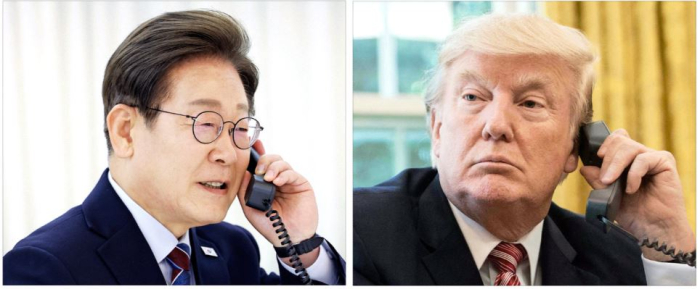
South Korea’s new President Lee Jae-myung will attend the summit of the Group of Seven (G7) advanced countries in Alberta, Canada next week, marking his first foray onto the global diplomatic stage since taking office on June 4.
The meeting, scheduled for June 15–17, will bring Lee face-to-face with US President Donald Trump and other world leaders for the first time, his office said.
Although South Korea is not a G7 member, President Lee was invited by the host nation, Canada, to take part in the summit’s expanded sessions, according to presidential spokeswoman Kang Yu-jung.
Analysts said the summit is expected to offer Lee an early opportunity to shape Korea’s international posture amid a shifting global order and rising geopolitical tensions in East Asia.
On the sidelines of the G7 summit, Lee could hold bilateral talks with the US president and Japanese Prime Minister Shigeru Ishiba. A trilateral summit among the three leaders could also be held, sources said.
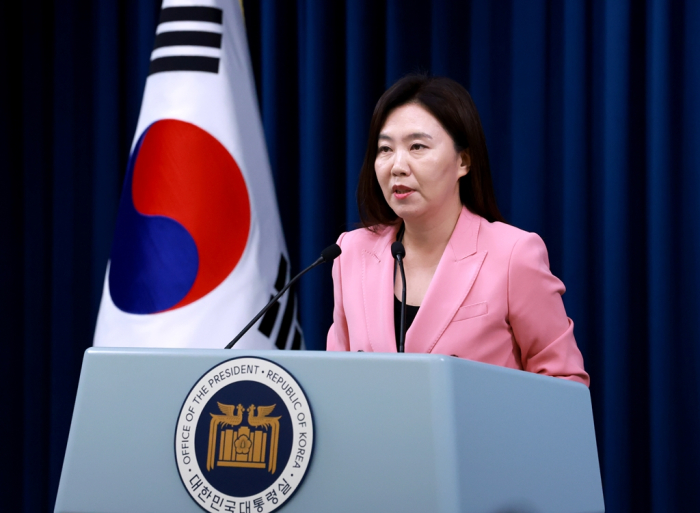
Amid renewed tensions between the US and China, Lee vowed to pursue pragmatic diplomacy centered on national interests.
He said the South Korea-US alliance remains the foundation of Seoul's foreign policy, also vowing to strengthen the trilateral partnership with the US and Japan.
Lee, a liberal, was elected in the June 3 election after former conservative leader Yoon Suk Yeol was impeached and ousted.
INAUGURAL PHONE CALL WITH TRUMP
The presidential office’s announcement follows Lee’s inaugural phone call with Trump late on Friday, which lasted about 20 minutes.
According to officials in Seoul, the Korean government is also in consultations with China and Japan to arrange phone talks with Chinese President Xi Jinping and Ishiba of Japan.
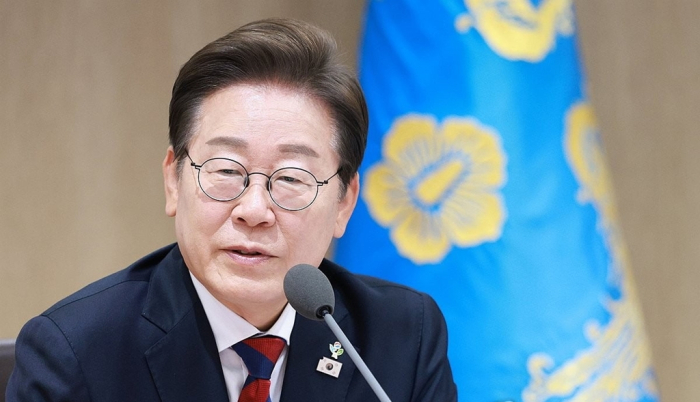
During his phone conversation with Trump, Seoul officials said the two leaders agreed to work towards a swift tariff deal.
Trump has imposed tariffs on South Korea, a longtime ally with which it has a bilateral free trade deal, and pressed it to pay more for the 28,500 US troops stationed in Korea.
In late April, Korea agreed to craft a "July Package" – a roadmap to dismantle both reciprocal and sector-specific tariffs, with particular focus on automobiles, semiconductors, shipbuilding and liquefied natural gas (LNG).
While the phone call avoided contentious topics such as US demands for increased defense cost-sharing and strategic export controls, it took a personal tone.
Lee's office said the two leaders also discussed the assassination attempts they both experienced last year as well as their enthusiasm for golf.
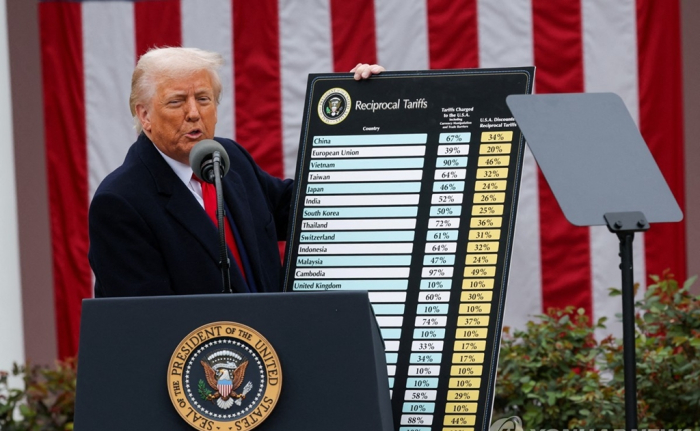
Lee underwent surgery after he was stabbed in the neck by a man in January 2024, while Trump was wounded in the ear by a bullet fired by a would-be assassin last July.
LEE’S PARTICIPATION IN NATO SUMMIT UNDECIDED
President Lee’s participation in the NATO summit in The Hague on June 24–25 remains undecided.
While NATO Secretary-General Mark Rutte extended an invitation earlier this month, Lee’s office has yet to make a formal commitment. “It’s not a matter currently under discussion. We will let you know when we are in a position to do so,” spokeswoman Kang told reporters.
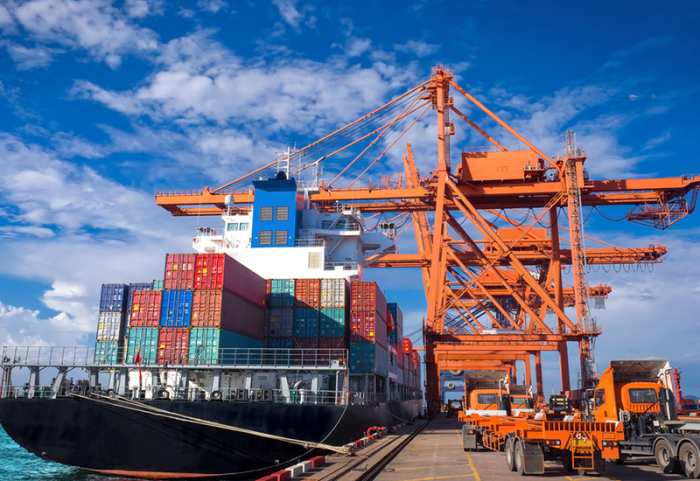
During his presidential campaign, Lee expressed skepticism about participating in the NATO summits, citing the need to address urgent domestic issues.
During the campaign, Lee pledged a supplementary budget of at least 30 trillion won ($22 billion) to support households and small businesses still reeling from the pandemic's effects and elevated inflation.
The Bank of Korea last month lowered its 2025 economic growth forecast to 0.8% from the previous 1.5%. The central bank reduced its policy rate by a quarter of a percentage point to 2.5% to support the faltering economy.
Write to Hyung-Kyu Kim at khk@hankyung.com
In-Soo Nam edited this article
More To Read
-
Jun 05, 2025 (Gmt+09:00)
-
 Business & PoliticsLee names nominees for prime minister, spy agency chief, other key posts
Business & PoliticsLee names nominees for prime minister, spy agency chief, other key postsJun 04, 2025 (Gmt+09:00)
-
 Business & PoliticsLee Jae-myung vows to end politics of division, seek pragmatic diplomacy
Business & PoliticsLee Jae-myung vows to end politics of division, seek pragmatic diplomacyJun 04, 2025 (Gmt+09:00)
-
 Business & PoliticsLiberal Lee Jae-myung wins election as South Korean president
Business & PoliticsLiberal Lee Jae-myung wins election as South Korean presidentJun 03, 2025 (Gmt+09:00)
-
May 29, 2025 (Gmt+09:00)
-
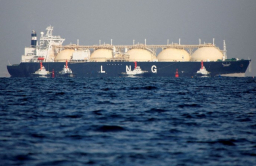 Business & PoliticsSeoul mulls joint review of Alaska LNG project with Japan, Taiwan, Vietnam
Business & PoliticsSeoul mulls joint review of Alaska LNG project with Japan, Taiwan, VietnamApr 27, 2025 (Gmt+09:00)
-
 Business & PoliticsSeoul, Washington agree on July tariff deal framework in '2+2' trade talks
Business & PoliticsSeoul, Washington agree on July tariff deal framework in '2+2' trade talksApr 25, 2025 (Gmt+09:00)
-
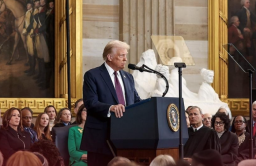 Business & PoliticsTrump says Korea interested in Alaska gas project; Korean firms skeptical
Business & PoliticsTrump says Korea interested in Alaska gas project; Korean firms skepticalMar 05, 2025 (Gmt+09:00)


